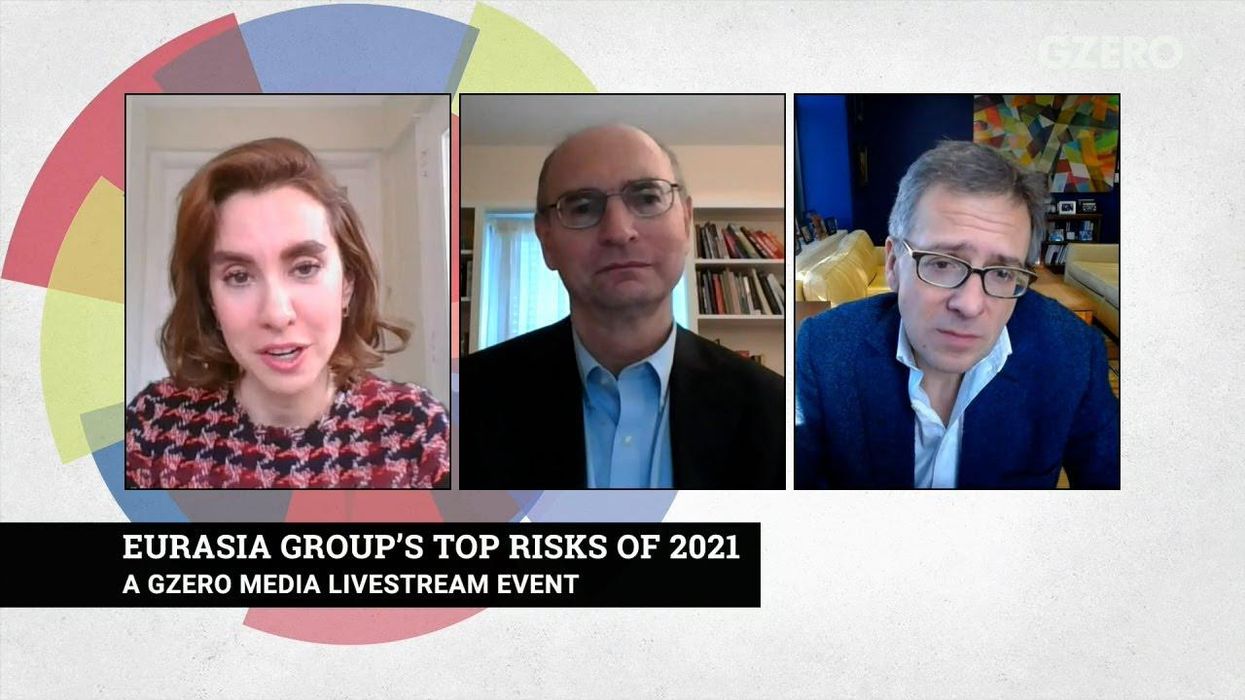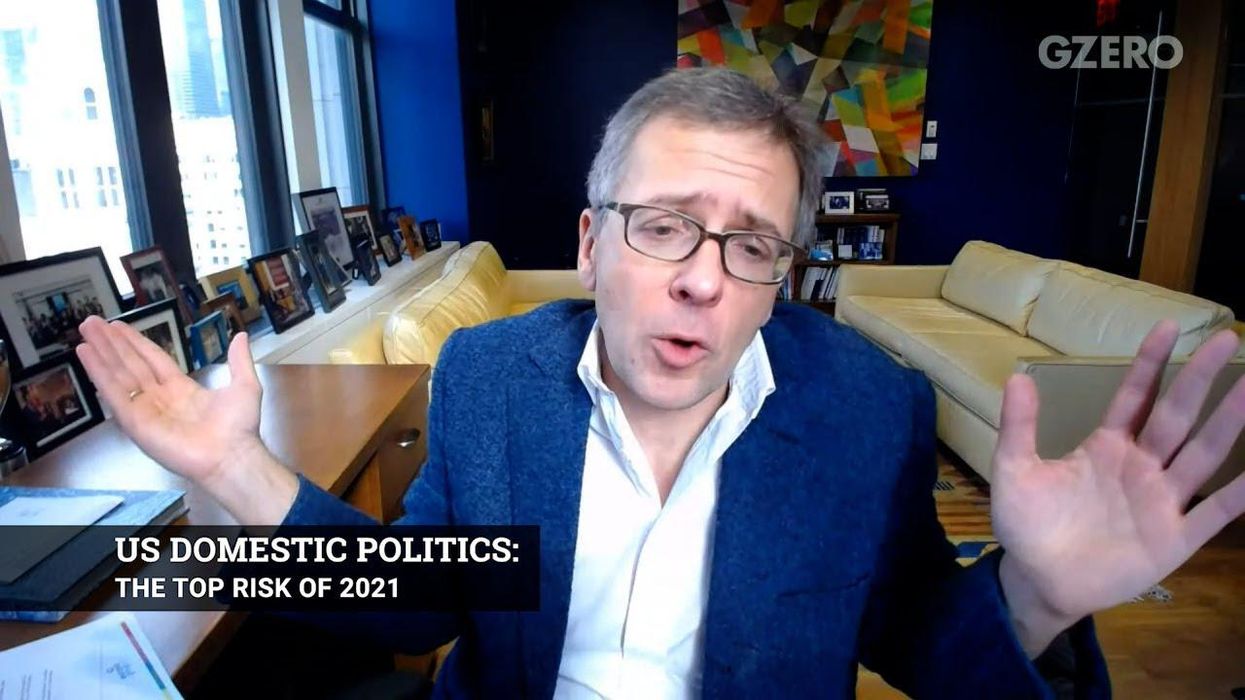News
What went down in 2021?
At the start of 2021, Eurasia Group, our parent company, released its predictions for the top 10 geopolitical risk stories of the year ahead. The report tried to answer many questions. What major issues will a post-Merkel Europe contend with? Will crisis-ridden Latin America emerge from the pandemic in far worse shape? Now, we take a look at how some of the forecasts have stacked up.
Dec 29, 2021




